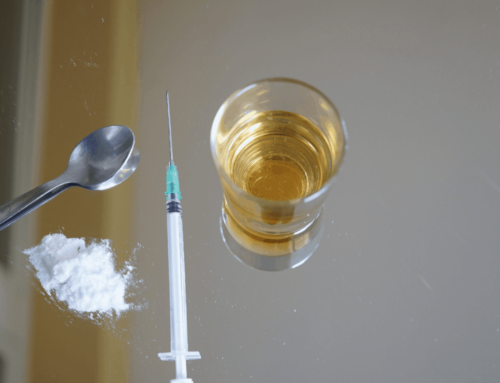Introduction:
Exploring the benefits of outpatient MAT reveals why it is increasingly becoming the preferred choice for individuals battling opiate addiction. This comprehensive analysis aims to highlight the flexibility, support, effectiveness, and superior outcomes of outpatient programs compared to traditional inpatient treatments.
Understanding Outpatient vs. Inpatient MAT:
Medication-Assisted Treatment (MAT) can be administered in two primary environments: outpatient and inpatient settings. While inpatient programs necessitate a residential stay, outpatient MAT allows patients to engage in treatment during regular visits, enabling them to maintain their daily lives. This balance is pivotal for many in the recovery process and influences the overall effectiveness of treatment.
Superior Outcomes with Outpatient MAT:
Outpatient MAT programs offer personalized flexibility, allowing individuals to integrate treatment seamlessly with their daily schedules. This approach facilitates higher engagement rates and fosters a stronger commitment to treatment. Real-world application of coping strategies and continuous support from healthcare providers in outpatient settings can lead to more sustainable recovery skills. Research by the Substance Abuse and Mental Health Services Administration (SAMHSA) supports the effectiveness of consistent engagement in outpatient programs.
Significant Cost Savings:
The cost-effectiveness of outpatient MAT is a significant advantage, providing essential treatment services at a fraction of the cost of residential care. The National Institute on Drug Abuse (NIDA) highlights the accessibility and affordability of outpatient treatment, which extends its reach and availability to a broader audience.
Less Disruption to Life:
One of the standout benefits of outpatient MAT is the minimal disruption to the patient’s daily life. Maintaining employment, family responsibilities, and social connections while receiving treatment not only aids in normalization but also supports the overall healing process. The integration of treatment into everyday settings fosters a practical approach to recovery.
The Compass Clinic Approach:
At Compass Clinic, we champion the benefits of outpatient MAT, providing personalized care plans, expert medical supervision, and a nurturing community environment. Our approach is designed to support each patient’s unique path to recovery, emphasizing flexibility, accessibility, and comprehensive care.
Conclusion:
The choice between outpatient and inpatient MAT should be informed by individual needs and circumstances. However, the benefits of outpatient MAT—including superior outcomes, significant cost savings, and minimal life disruption—make it a compelling option for many individuals facing opiate addiction. Embracing outpatient MAT can facilitate a balanced and effective journey toward recovery.
For additional insights into the value of medication-assisted treatment, consider the resources available from the American Society of Addiction Medicine.
Call to Action:
Are the benefits of outpatient MAT right for you or your loved one? Contact Compass Clinic today to explore our personalized treatment plans and begin your journey to a healthier, more balanced future.








